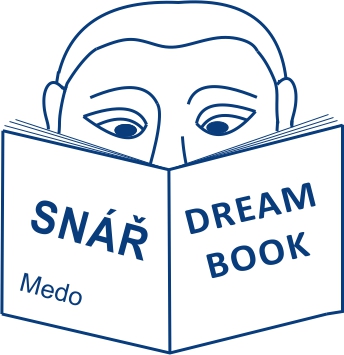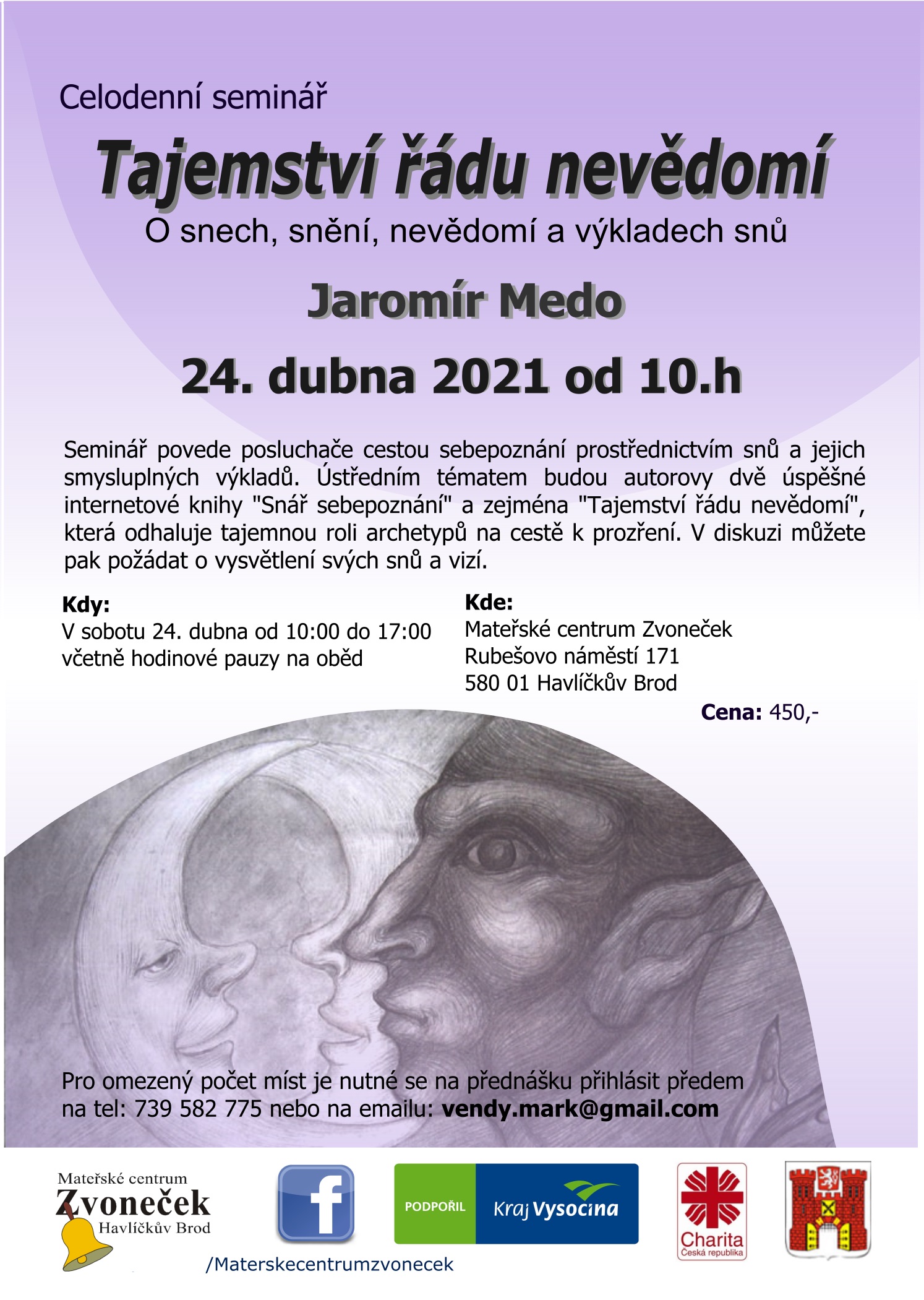The Dream Book of Self-Knowledge
- mythology inherently accompanies a person's spiritual development and therefore mythological stories inevitably enter the dreams of a person who takes the path of self-improvement.
- an interesting phenomenon sometimes occurs when the spring of a national mythology spouts from within the dreamer if there is harmony between the mythological images and the process that the dreamer is currently undergoing, even though the dreamer knows nothing about foreign mythology in waking consciousness; philosophers, gurus and saints can appear in dreams in the same way.
- many dreams, especially when taking the spiritual path, can be clarified by comparing them to mythological stories of a nation since mythology describes the inner state of the soul, which does not care about skin color or the language spoken by the novice of spiritual heights (see the book "Secrets of the Unconscious Order" and particularly the Hero archetype).
- a celebration with a mythological subtext: culminates a successful period of self-knowledge and enables the dreamer to understand the sources of humanity.
- mythological funeral pyre: the Mayan god Quetzalcoatl*39 was sacrificed on it; Quetzalcoatl's heart then flew out of the flames and transformed in the sky into Venus so that the god Quetzalcoatl (in the form of Venus) symbolizes to all people death and resurrection; a similar fate is shared by the mythical Phoenix*52.
- the guardian of a threshold can take the form of a mythological animal; yet this is usually the evil personified in a human or diabolical form that mystics call Mara*3.
- a mythological goblet with the blood of Jesus Christ: a spiritual Christian symbol.
- mythological figures of mothers and fathers: since everyone carries with him ideas of the Divine Parents and Divine Child, we must have at some time, in the distant past, been them; this is the main reason for the frequent mythologizing of parents, to whom their child, even well into adulthood, attributes the archetypal form of the divine pair; alas humanity's perception of his parents causes shame and dissatisfaction within him since the inclusion of parents among people means that the child too has fallen out of the divine scenario.

